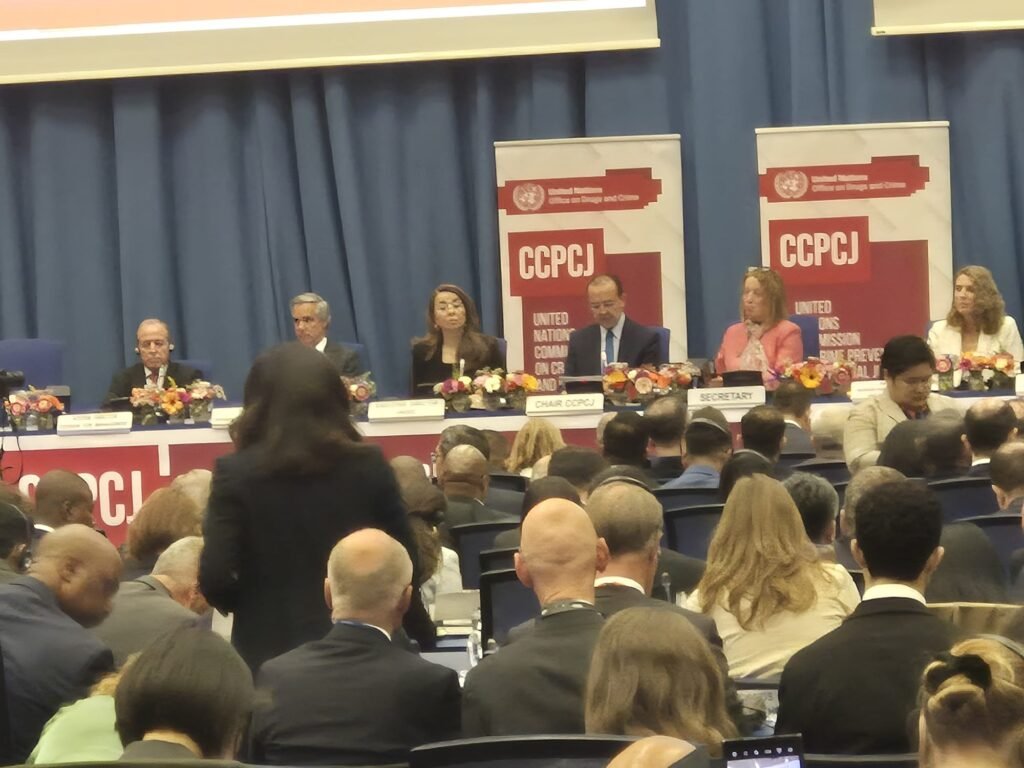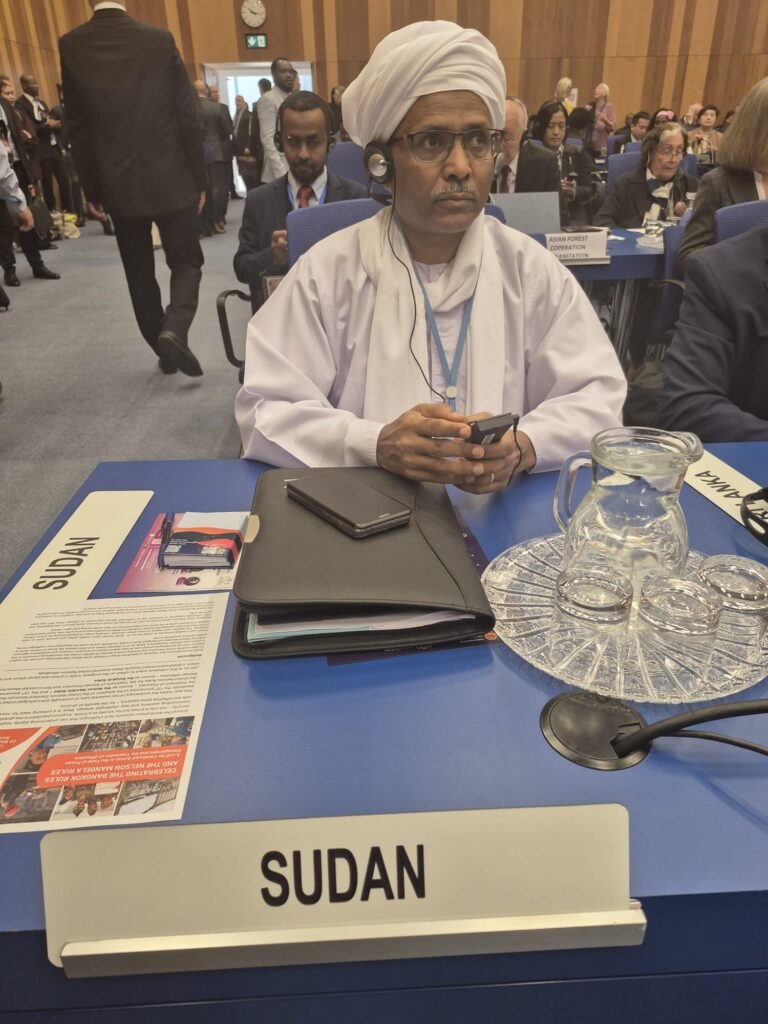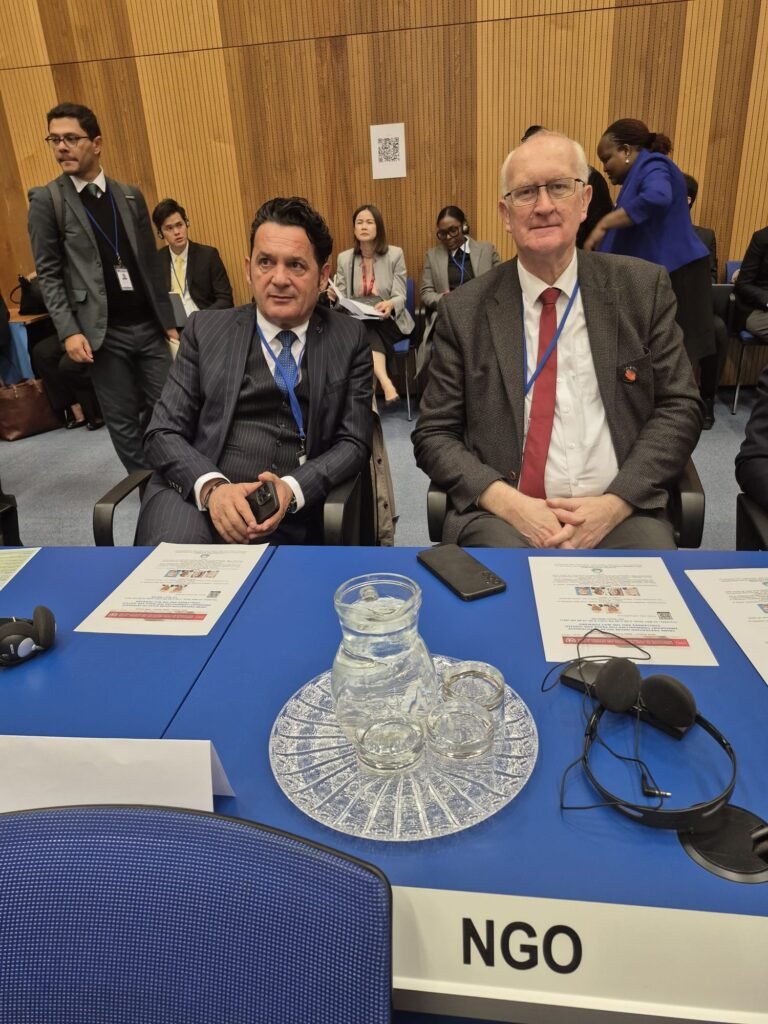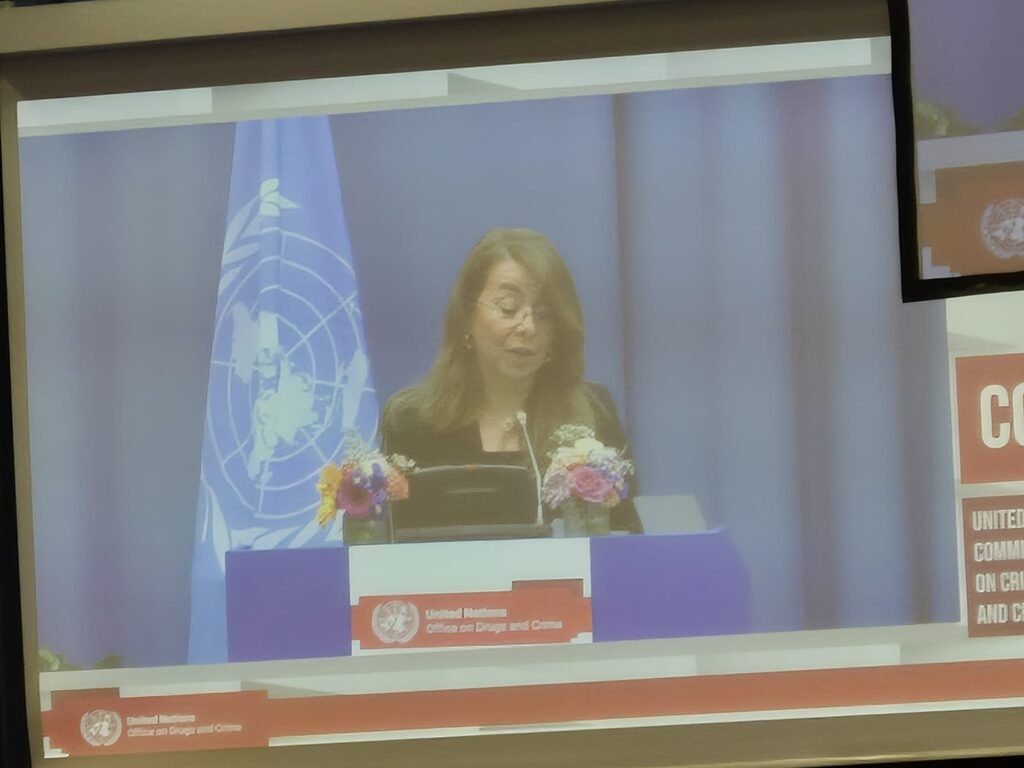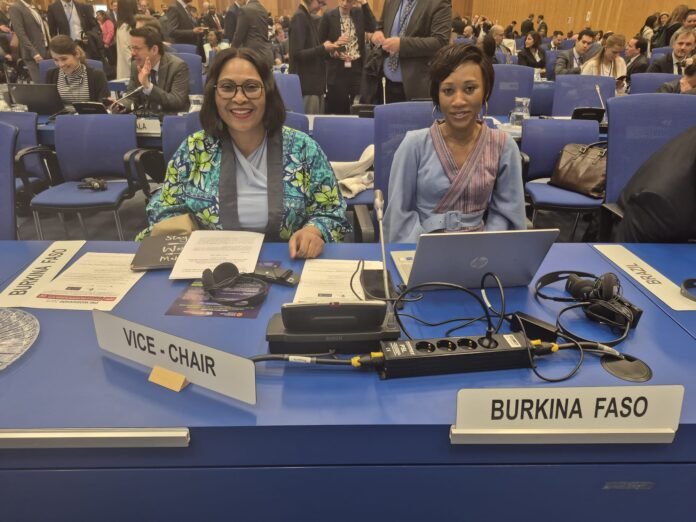The Essence of Political Philosophy
Political philosophy, as articulated by Dr. Sradj, serves as a critical tool for understanding governance, ethics, and societal structures. At its core, political philosophy can be defined as the love of wisdom, a pursuit that transcends mere knowledge and embraces deeper insights into human existence and societal dynamics. The distinction between knowledge and wisdom is particularly pertinent when examining political landscapes. In Western contexts, knowledge often implies an acquisition of facts, information, and a mastery of various disciplines, while in Eastern philosophies, wisdom conveys a broader understanding that integrates ethical considerations, intuitive insights, and a vision for the common good.
Dr. Sradj posits that wisdom is increasingly essential in the contemporary world, especially as societies grapple with complex global challenges, such as climate change, social justice, and technological advancements. The attributes of wisdom—insight, clarity, and foresight—are crucial for navigating the tumultuous waters of modern political discourse. Insight allows leaders and citizens alike to understand not only the immediate implications of their decisions but also the deeper historical and cultural contexts in which they operate. Clarity serves to illuminate the moral complexities involved in governance, rendering it possible for individuals to articulate and evaluate their ethical frameworks. Foresight, on the other hand, equips policymakers and stakeholders with the ability to anticipate future consequences, promoting sustainable choices that honor both present and future generations.
Moreover, the integration of wisdom into political philosophy fosters enlightened decision-making and ethical governance. As societies become more interconnected, the need for a thoughtful approach—one that prioritizes the well-being of all constituents—grows ever more urgent. Through a commitment to wisdom, political philosophy can provide an enduring framework from which to explore solutions to contemporary dilemmas and to cultivate a more just and compassionate society.
The Importance of Non-Violence in Political Discourse
Non-violence as a principle has been a cornerstone of political philosophy, particularly as propagated by the vision of Mahatma Gandhi. His teachings established a framework wherein true courage and moral strength are not displayed through aggression but by upholding peaceful methods to achieve political goals. In the contemporary global landscape, the relevance of non-violence stands more crucial than ever, as societies grapple with pervasive conflict and division.
The conventional retaliatory mindset, embodied in the phrase “an eye for an eye,” warrants scrutiny. This attitude implies that violence is a legitimate response to provocation and injustice. However, such a perspective not only perpetuates cycles of vengeance but also dismantles the fabric of societal cohesion. Instead of bringing about resolution, retaliatory violence often engenders further suffering, escalating conflicts rather than resolving them. Thus, the call for non-violent approaches highlights their necessity in cultivating a more just and sustainable society.
The implications of embracing non-violence extend beyond the immediate context of political discourse. By advocating for peace through dialogue and understanding, societies can establish a foundation for cooperation. Non-violent methods encourage individuals to engage in constructive conversations, fostering empathy and mutual respect. In political spheres, this translates into a commitment to resolving disputes through democratic means rather than through coercive tactics or military interventions.
Moreover, the global context emphasizes the importance of non-violent struggles in contemporary movements advocating for civil rights and justice. The legacies of Gandhi and other proponents of non-violence serve as poignant reminders of the power of peaceful resistance. By prioritizing non-violence, we not only honor this rich tradition but also pave the way for a future where global conflicts can be addressed with wisdom and compassion, steering humanity towards a harmonious coexistence.
Understanding the Current Global Crisis
The contemporary global crisis reflects a complex interplay of socio-economic, political, and environmental challenges, often exacerbated by Machiavellian tactics employed by leaders seeking power without reverence for moral principles. This approach prioritizes expediency over ethics, leading to aggressive strategies that compromise democratic values and undermine public trust. As nations grapple with issues such as climate change, economic disparity, and social unrest, the implications of these tactics become increasingly evident, manifesting in widespread discontent and a perceived erosion of integrity in governance.
At the heart of this crisis lies a disregard for human relationships, not only among individuals but also between humanity and the natural world. The overemphasis on immediate political ambitions has led to policies that exploit natural resources, contributing to ecological degradation and climate-related disasters. This unsustainable approach is a reflection of a political landscape where short-term gains overshadow long-term consequences, resulting in systemic failures that threaten global stability.
To address these pressing challenges, a paradigm shift in political philosophy is imperative. Such a shift must prioritize ethical governance and the cultivation of wisdom, integrating aesthetics into political discourse to promote a more compassionate approach to leadership. By redefining success beyond mere power accumulation, political philosophies can inspire a new generation of leaders who are attuned to the interconnectedness of human existence and the environment.
A deeper understanding of our relationships—both with one another and with our surroundings—can guide us toward recovery and harmony in the fractured global landscape. Political philosophy offers critical insights into ethical leadership, encouraging dialogues that foster cooperation and shared responsibility. As society contemplates the root causes of its crises, it becomes essential to embrace a holistic view that reconciles ambition with moral responsibility, setting the groundwork for a more equitable future.
Aesthetics as a Medium for Intercultural Communication
Aesthetics plays a vital role in political philosophy, particularly in its capacity to facilitate intercultural communication. Dr. Sradj posits that the appreciation of beauty can transcend linguistic and cultural barriers, fostering dialogues that might otherwise remain muted. The inherent qualities of art, music, literature, and other forms of aesthetic expression can convey complex concepts, emotions, and values that resonate across different societies. This potential for shared understanding emphasizes the importance of beauty as a unifying force in an increasingly divided world.
The global landscape has witnessed numerous instances where cultural heritage has been systematically attacked. UNESCO’s condemnation of such acts, particularly the destruction of historical sites like those in Palmyra, serves as a clarion call for the protection and promotion of cultural narratives. These sites, rich with aesthetic value and history, symbolize common human experience and identity. When cultural heritage is lost or damaged, not only is beauty diminished, but also opportunities for intercultural understanding are severely compromised. The consequences extend beyond mere loss; they instigate further conflict and misunderstanding among civilizations.
In light of these challenges, calls for international legal action to protect cultural heritage are becoming increasingly prominent. Advocating for robust legal frameworks that safeguard these aesthetic elements can set a foundation for dialogue and reconciliation. By nurturing a collective appreciation of art and culture, societies can work toward mitigating tensions that arise from political and ideological differences.
Embracing aesthetics as a medium for communication stands as a hopeful endeavor. The promotion of beauty in various forms can open new avenues for peace, understanding, and cooperation, encouraging diverse societies to engage with one another more meaningfully. Through aesthetics, the potential for a shared human experience can flourish, ultimately enriching political philosophy and enhancing intercultural dialogue.
